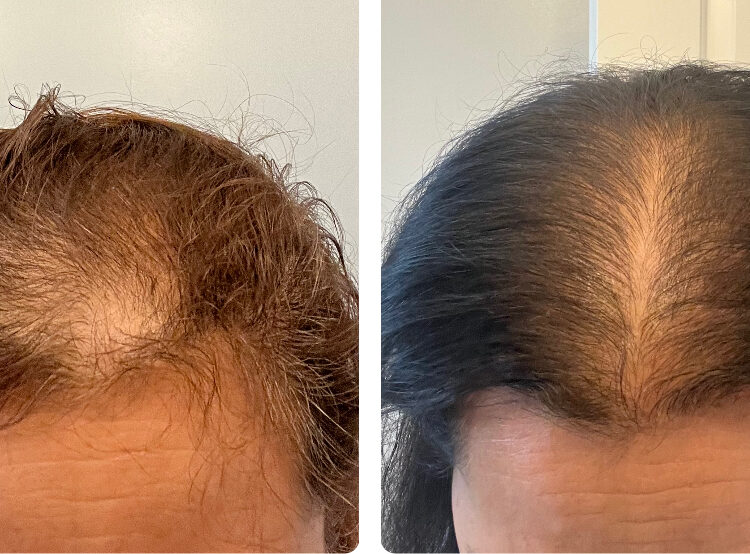Hair loss affects millions, and people are constantly searching for effective solutions. One emerging area of interest is nitric oxide (NO), a molecule known for improving blood flow. But does nitric oxide actually help with hair loss? Let’s explore the science, benefits, and best ways to use it for healthier hair.
Table of Contents
- What Is Nitric Oxide?
- How Nitric Oxide May Help with Hair Loss
- How to Increase Nitric Oxide for Hair Growth
- What Does the Research Say?
- Potential Side Effects & Considerations
- Final Verdict: Does Nitric Oxide Help with Hair Loss?
What Is Nitric Oxide?
Nitric oxide is a naturally occurring molecule that plays a key role in:
✔ Vasodilation (widening blood vessels)
✔ Improving blood circulation
✔ Supporting nutrient delivery to hair follicles
✔ Reducing inflammation
Since hair follicles rely on good blood flow for growth, nitric oxide’s role in circulation makes it a promising candidate for combating hair thinning.
How Nitric Oxide May Help with Hair Loss
1. Boosts Blood Flow to Hair Follicles
- Hair follicles need oxygen and nutrients to grow.
- Nitric oxide enhances circulation, ensuring follicles get the nourishment they need.
- Poor blood flow is linked to conditions like androgenetic alopecia (pattern baldness).
2. Extends the Hair Growth Phase (Anagen Phase)
- Research suggests nitric oxide may prolong the anagen phase, keeping hair in its active growth stage longer.
- A 2020 study in Scientific Reports found that NO donors helped stimulate hair growth in mice.
3. Reduces Inflammation & Oxidative Stress
- Chronic inflammation can damage hair follicles.
- Nitric oxide has anti-inflammatory effects, potentially protecting against hair loss.
4. May Block DHT (A Key Cause of Hair Loss)
- Some studies suggest nitric oxide inhibits 5-alpha reductase, the enzyme that converts testosterone to DHT (a hormone linked to balding).
How to Increase Nitric Oxide for Hair Growth
1. Eat Nitric Oxide-Boosting Foods
- Leafy greens (spinach, arugula)
- Beets & beetroot juice
- Citrus fruits (oranges, lemons)
- Dark chocolate (high in flavonoids)
- Garlic & onions
2. Use Topical Nitric Oxide Treatments
- Some hair growth serums include L-arginine or L-citrulline, which boost NO production.
- Minoxidil (Rogaine) works partly by increasing nitric oxide levels in the scalp.
3. Exercise Regularly
- Physical activity naturally enhances nitric oxide production, improving scalp circulation.
4. Consider Supplements
- L-arginine & L-citrulline – Amino acids that boost NO.
- Beetroot powder – Rich in nitrates, which convert to nitric oxide.
What Does the Research Say?
- A 2014 study in Journal of Cosmetic Dermatology found that L-arginine (a NO booster) improved hair density in women with thinning hair.
- Minoxidil, a popular hair loss treatment, relies on nitric oxide to stimulate follicles.
- More human trials are needed, but early evidence is promising.
Potential Side Effects & Considerations
✔ Safe for most people when obtained through diet or moderate supplementation.
⚠ Excessive NO supplements may cause headaches or dizziness.
⚠ Minoxidil can cause scalp irritation in some users.
Final Verdict: Does Nitric Oxide Help with Hair Loss?
While more research is needed, current evidence suggests that nitric oxide supports hair growth by:
✅ Improving blood flow to follicles
✅ Extending the hair growth phase
✅ Reducing inflammation & DHT effects
If you’re struggling with hair loss, increasing nitric oxide—through diet, exercise, or targeted treatments—could be a beneficial addition to your routine.
Have you tried nitric oxide for hair growth? Share your experience in the comments!
